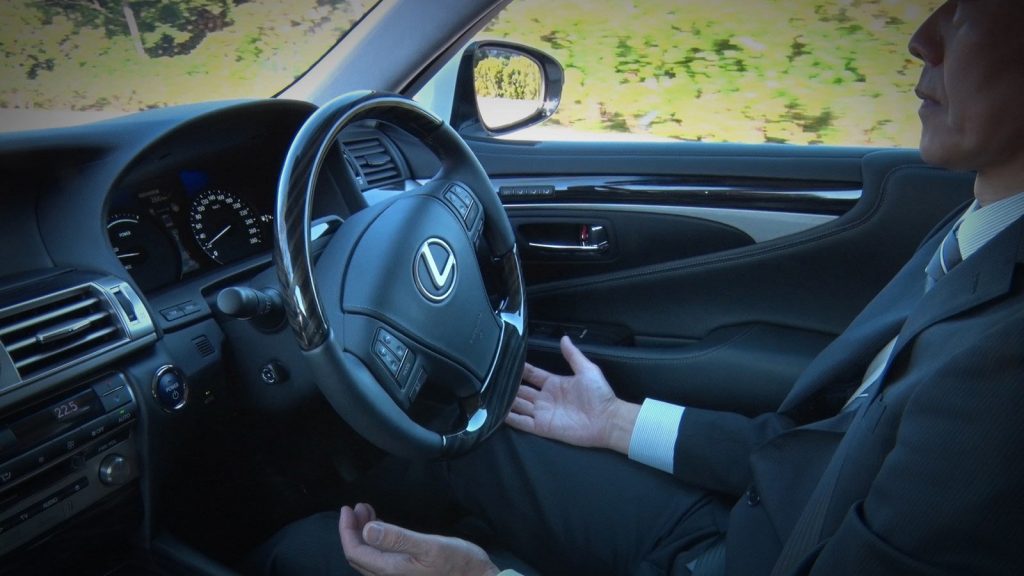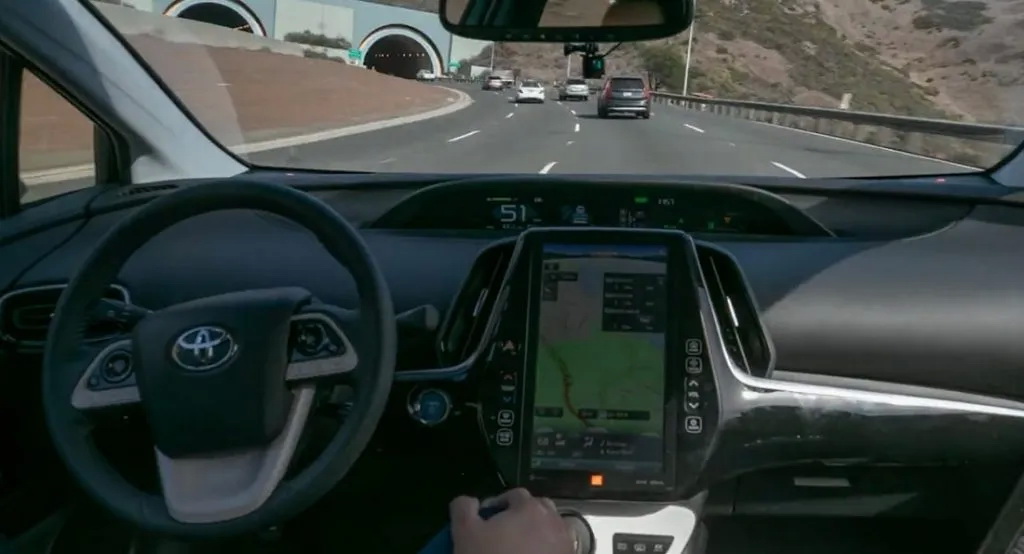Toyota will first deploy its advanced self-driving features in commercial vehicles, before finally installing them in their passenger cars, said one senior official earlier this week.
According to James Kuffner, chief of Toyota Research Institute-Advanced Development (TRI-AD), applying self-driving tech to taxis and non-passenger vehicles will be easier, as they do not require constant and direct human monitoring, reports Autonews Europe.
The Japanese carmaker is developing autonomous tech in areas that include on-demand ride services, mobile shops and even ambulatory hospitals, where operators should be able to control when and where the vehicles are deployed, while also overseeing their maintenance, added Kuffner.
Also read: Third-Generation Toyota Aygo Confirmed, Will Likely Go Electric
“It will take more time to achieve ‘Level 4’ for a personally owned vehicle,” he said, while referring to the automation level that allows cars to drive themselves under certain conditions. “Level 4 is really what we are striving for to first appear in mobility as a service.”
Up next for Toyota is releasing a ‘Level 2’ autonomous model, capable of driving itself on the highway. Toyota is clearly interested in adopting a longer view towards self-driving tech and artificial intelligence, as opposed to certain competitors who already sell cars capable of driving themselves autonomously on the highway – like Tesla, for example.
Of course, just because a vehicle is able to do something, doesn’t necessarily mean that it should. Case in point – the multiple accidents (some of which have been fatal) that have shown just how complex of a situation this is.




